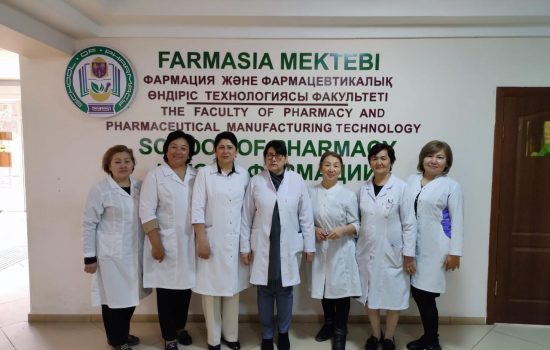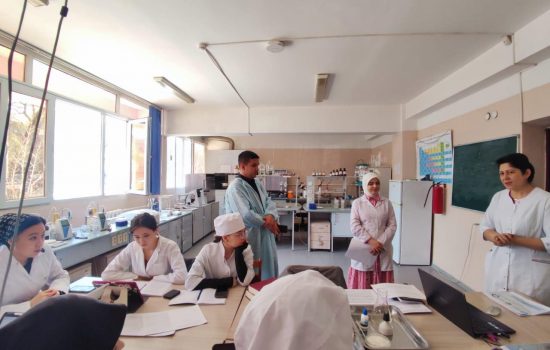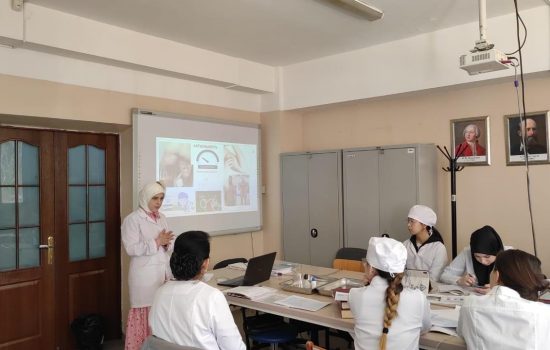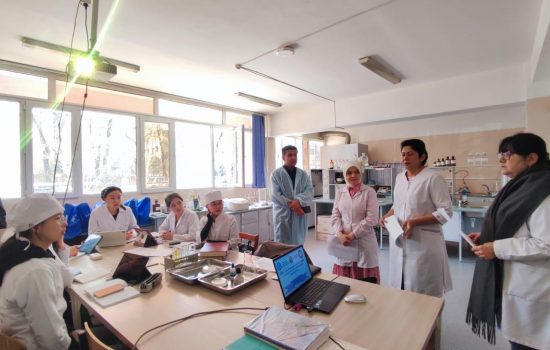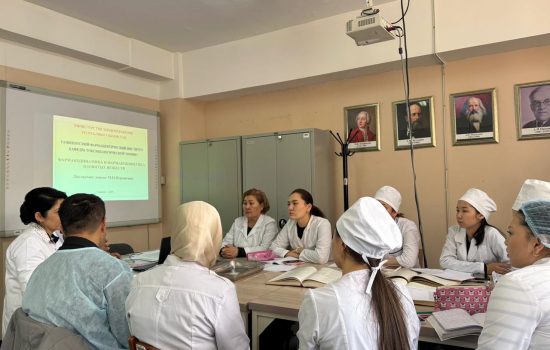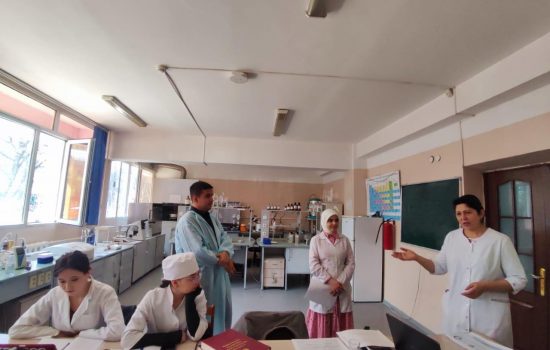Академическая мобильность, как один из главных инструментов достижения качества образования, развивает основную цель «Повышение эффективности и конкурентоспособности Казахстанской системы образования». Современные интеграционные процессы, происходящие в мировом сообществе, затрагивают и систему высшего образования в Республике Казахстан.
В настоящее время формируется единое мировое образовательное пространство, которое выражается, прежде всего, в гармонизации образовательных подходов, стандартов, учебных планов в университетах разных страна мира. Понимая выгоду, которую несет в себе развитие мобильности для роста конкурентоспособности ВУЗов и стран, формирования единого рынка труда, правительство Республики Казахстан и Республики Узбекистан рассматривает академическую мобильность, как основную задачу и инструмент Болонского процесса.
В рамках меморандума о сотрудничестве, заключенном между Казахским Национальным Медицинским Университетом имени С.Д. Асфендиярова и Ташкентским Фармацевтическим Институтом, осуществляется сотрудничество по реализации Программы академической мобильности.
В целях осуществления Программы академической мобильности на период с 3 апреля по 5 апреля 2025 года, Казахский Национальный Медицинский Университет, кафедру фармацевтической и токсикологической химии Школы фармации посетили: Нурматова Малохат Исматовна, доцент кафедры токсикологической химии, PhD по фармацевтическим наукам и студенты 5-го курса по специальности «Фармация». Профессорско-преподавательским составом Ташкентского Фармацевтического Института представлена программа семинаров учебной дисциплины «Токсикологическая химия» по следующим темам:
— «Судебно-химические исследования галлюциногенов»;
— «Судебно-химические исследования препаратов тестостерона»;
— «О сахароснижающем действии некоторых лекарственных растений»;
— «Алкалоиды пиридина и пиперидина, токсикологическое значение, методы анализа. Никотин, анабазин, пахикарпин»;
— «Фармакодинамика и фармакокинетика ядовитых веществ»;
— «Алкалоиды: атропин скополомин, хинин, папаверин. Токсикологическое значение и методы анализа».
В своей профессиональной деятельности преподаватели высшей школы выполняют три основные функции: 1) производство знаний (разработка новых учебных дисциплин, научные исследования); 2) передача знаний (учебно-воспитательный процесс во всем многообразии его форм, методов, средств и технологий); 3) распространение знаний (издание учебной, научной и научно-популярной литературы, просветительские мероприятия и т. п.). К сферам его профессиональной деятельности относят: образовательную (педагогическую), методическую, научно-исследовательскую, организационно-управленческую и общественную деятельности. Исходя из этого и формируется обобщенный «портрет компетенций преподавателя», необходимых ему при исполнении своих профессиональных обязанностей.
В плане реализуемой Программы академическую мобильность можно рассматривать как средство развития и обновления образовательного процесса и образовательных программ высшего профессионального образования Казахстана и Узбекистана. Ее возможности с точки зрения становления профессиональных компетенций ППС Казахского Национального Медицинского Университета имени С.Д. Асфендиярова и Ташкентского Фармацевтического Института расширяются.
